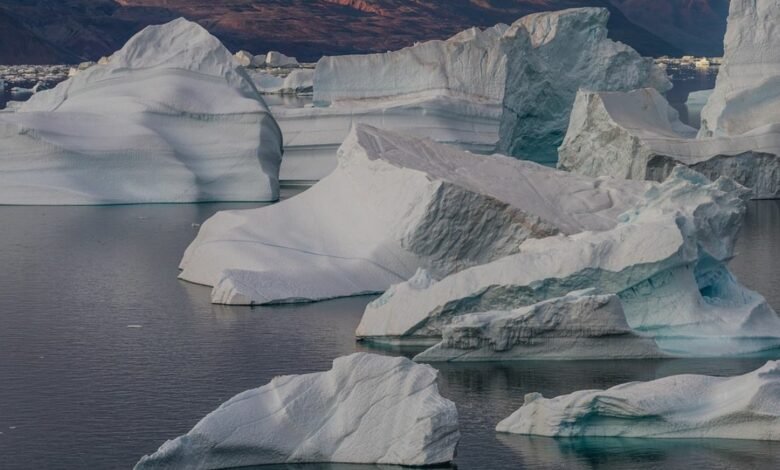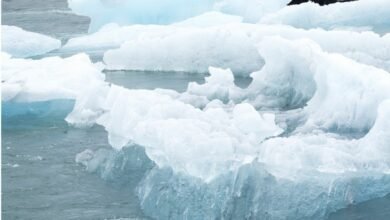Alarm bells ring as Arctic Ocean ice cap is set to disappear earlier than thought
However hard human race tries to hold back the ice cap from melting, it could be of no use.

The adage, ‘Better Late Than Never’ doesn’t seem to be a solution as the climate-conscious world is trying hard to save the Arctic Ocean from heating up. Latest findings warn that the Arctic Ocean’s ice cap is set to disappear into oblivion by the 2030s!
It was earlier estimated by the IPCC forecast in 2021 that the Arctic Ocean would go devoid of ice at least once by mid-century. But it is actually happening earlier, which is a matter for global concern.
What is more worrying is that the date anticipated is actually a decade earlier than what was thought. That also means that however hard the human race tries to hold back carbon pollution, which is the reason for global warming, now, it is too late. No effort now would help slow down ice melting over the Arctic.
Arctic Ocean ice cap cannot be saved
Scientists have been quoted by a report saying that the ice floating over the north pole’s vast ocean surface would not survive even if the Paris climate agreement norm of capping global warming at 1.5 degree Celsius is achieved.
That actually sums up the gravity of the situation, indeed. Scientists add that efforts to still help the Arctic summer sea ice as a landscape are too late, as time is not on human races side however hard it tries to set such a goal.
The disappearance of the float ice across the Arctic Ocean will also become the first major catastrophe of the planet’s climate system, as it will be lost due to the excessive emissions of greenhouse gases.
Alarming scene for global ecosystem
If you are thinking such a situation is not so serious, you will have to think again, as a diminished ice cover would trigger worse effects on weather people and ecosystem around the globe over time.
The ice disappearance will also make global warming a faster phenomenon, and with the Greenland ice sheet melting on a large scale will fill up oceans causing sea rise. It has estimated that Greenland’s ice blanket can bring in frozen water that would push oceans up by at least six meters.







